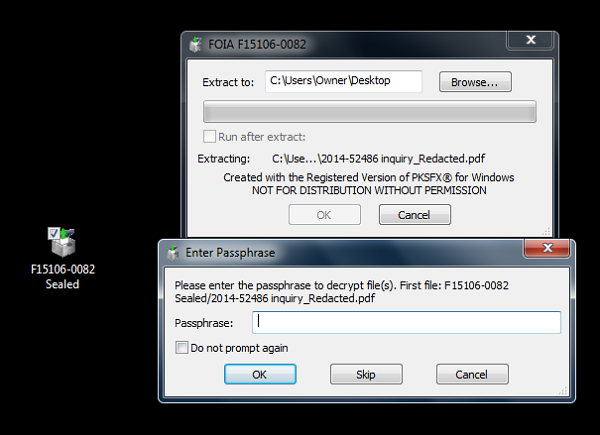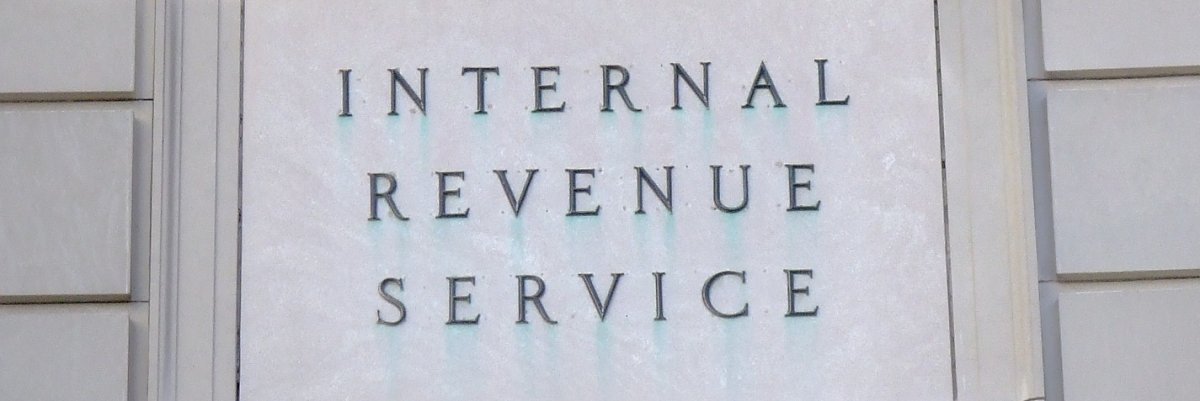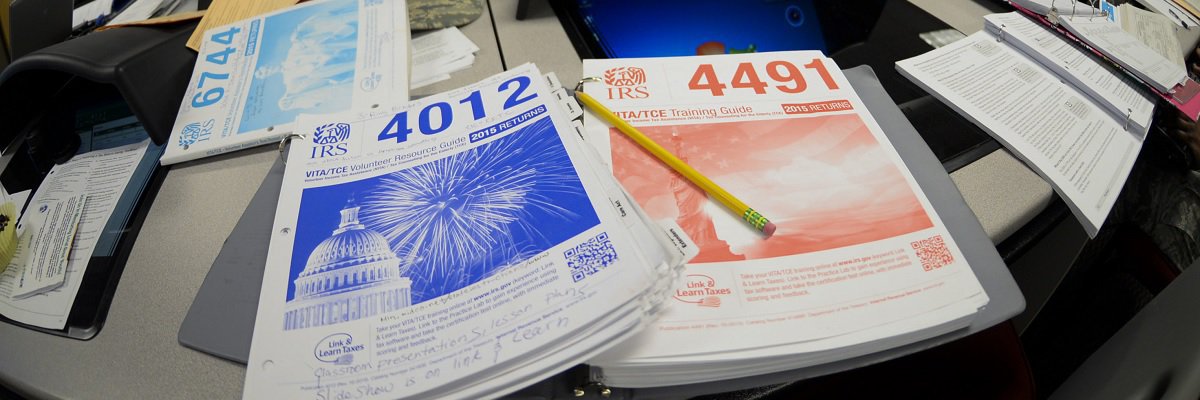Over the last few months, MuckRock’s Alex Richardson has been attempting to use FOIA to dig up what he could on the IRS’ Whistleblower Office, which is supposed to reward anonymous tips regarding corporate tax malfeasance and has drawn harsh criticism for … well, not doing that. To say that it hasn’t been going well would be an understatement. To say that it has driven us to new depths of frustrated disbelief would be more accurate.
Our first clue that this wasn’t going to go so well was back in March, when, right out of the gate, the IRS gave a GLOMAR rejection to Alex’s request for any denied claims of a billion dollars or more:
Normally reserved for matters of national security, it’s a bit disarming to see the “neither confirm nor deny” language getting carted out for a matter of institutional embarrassment. We fought them on appeal, which was unfortunately denied.
Slightly more promising was the IRS response to Alex’s requests for communications regarding the Whistleblower’s Office from various officials, including members of congress and Treasury Secretary Jack Lew. Sure, the IRS combined all 10 separate FOIAs into a single, all-encompassing request, which, if not ideal, is still a step-up from a flat out rejection.
Jump forward a few months to this week, and imagine our pleasant surprise when a package arrives from the IRS, containing a CD. CDs are usually a sign that you’re looking at a fairly decent doc dump, so this is looking better and better. Then we started reading the cover letter …

… which indicated that the CD contained a whopping 6 pages.
Now, that wasn’t quite as many docs as we were hoping for - it was fewer than the original number of requests, even - but hey, a release is a release, and there’s bound to be something interesting in … wait, why is this an .exe file?

The second page of the cover letter confirms it - “The password and instructions for opening the enclosed CD will be provided in a separate letter.”

… Okay. A bit overly dramatic for half a dozen emails - between this and the GLOMAR, the IRS needs to tone down the CIA role playing a bit - but it’s not like they would go to these lengths just for the heck of it. There’s gotta be something good in there, right?
So, next day, the letter containing the passcode arrives (the passcode, by the way, was just “FOIAis” and then the tracking number), we extract the docs, and got … this.
Incredulity was expressed in harshest terms.
Now, admittedly, we’re being a bit unfair. Some of the docs contained as much as this …
But for all practical purposes, what we were left with was a rather short stack of blank pages. A short stack of blank pages that somebody spent considerable time and effort on collating, encrypting, burning onto a CD, mailing out that CD, and then sending out a separate letter containing the passcode so that the requester can access the CD and the short stack of blank pages contained therein.
Just GLOMAR us next time, IRS. Save us both a lot of grief, and it’s a lot less cruel.
Read through the “full” release on the request page.
Image by Ray Tsang via Flickr and is licensed under CC BY-SA 2.0




